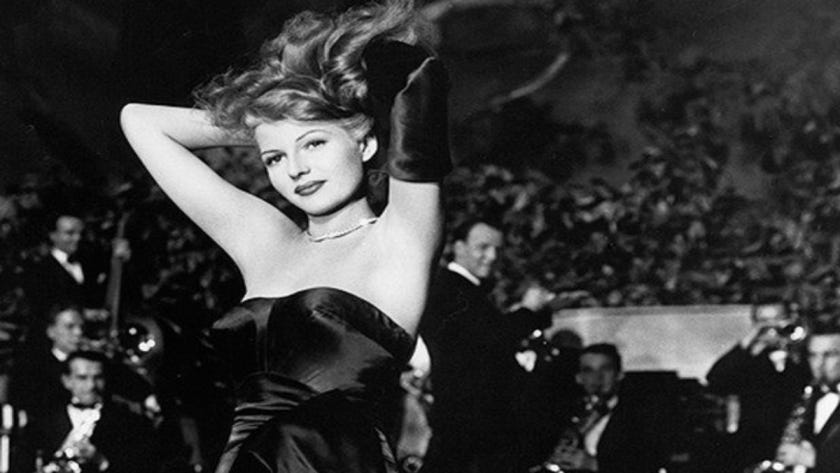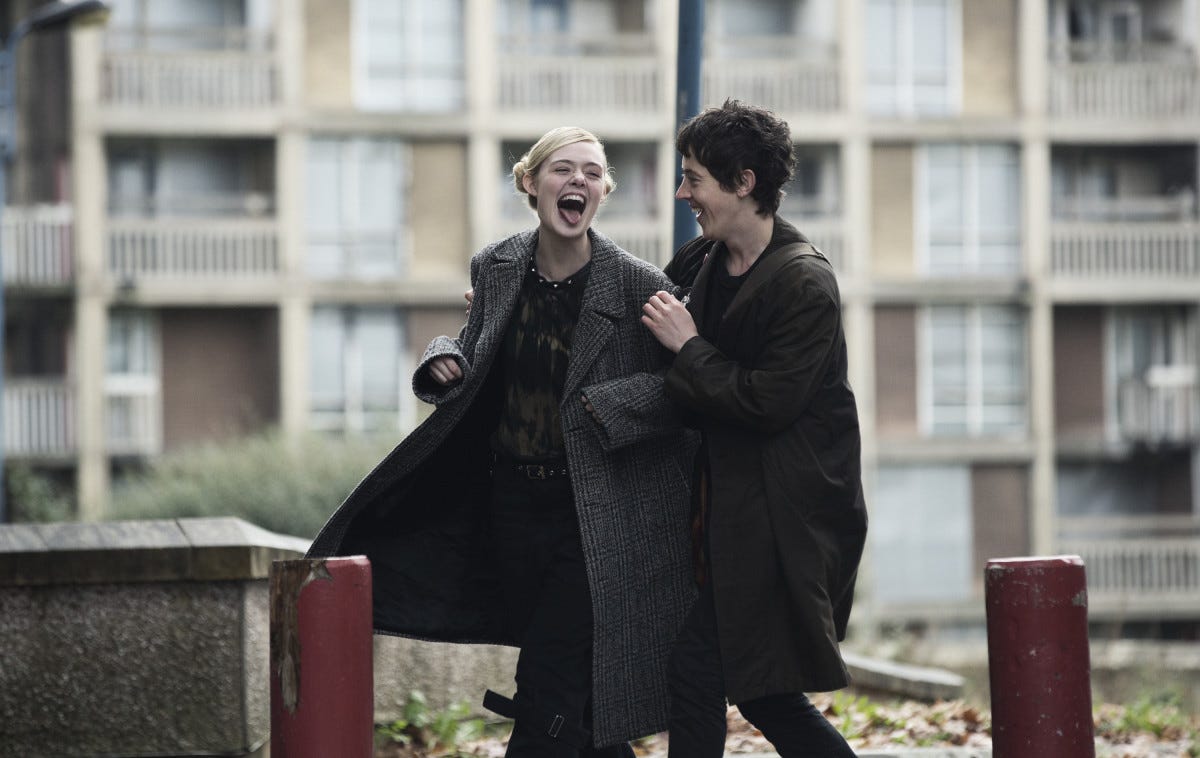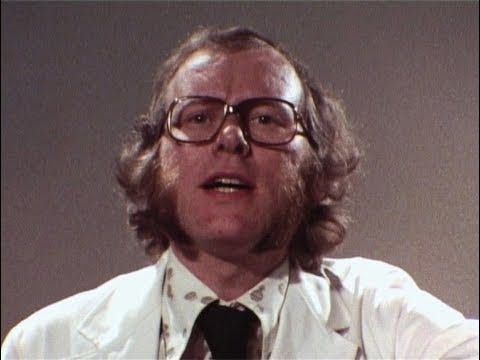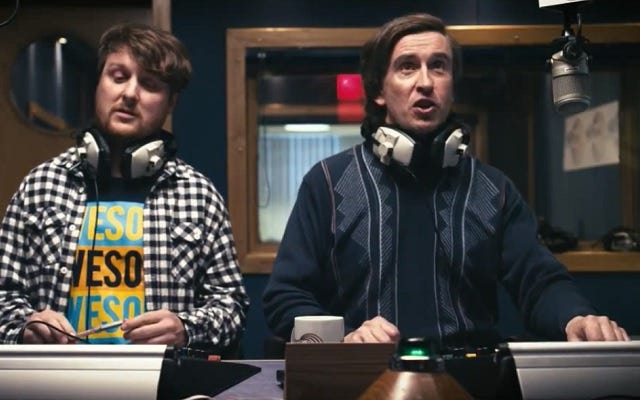NEWS:
New format for the newsletter - general thoughts on writing will now be in ‘On Writing’, and when we have actual news, we’ll separate it out in ‘News’1.
Parallels is available for pre-order! Yep, you can now pre-order your copy ahead of its publication in May at the Deixis Press website, as well as other online retailers.
This Thursday, 30th May, I will be interviewing author Silvano Stagni for his Meet the Author event - details on how to join that event here.
I was alerted to the existence of Indie Story Geek, a promotional tool focused on indie and self-published books this week. Find my profile here. And Ray’s here.
Finally bit the bullet and activated my Twitter accounts this week. Unclekins and RayAdamsWriter are now on BlueSky. Next up: What do we do about Meta?
ON WRITING:
There’s a whole arena of debate over the issue of people writing characters with different life experiences. Writing characters of different ethnicities or sexualities comes with a lot of potential challenges, so much so that it’s tempting for some not to do so, and stick exclusively to their lane.
It’s less easy to go a whole book without introducing a character of a different gender. Gender identity is, of course, an ever more complex subject but even without considering non-binary characters2, not many novels have an all-male or all-female cast.
We rarely hear about female authors who can’t write male characters, but male authors who struggle with convincing female characters is a far more prevalent complaint.
It’s not something I’ve had brought up with my books to date. I don’t say this to boast - I’ve received criticism, just not as it happens on that issue. But when asked who my favourite character was in Greyskin, in an interview with the Fantasy Hive, I said Rose Eckles straight away. Didn’t have to think about it. And the reason I think Rose works as a character, and why my other female characters ring true3 is down to the simple reason that I don’t try to write good female characters.
I think the reason a lot of male authors struggle with female characters is because they treat ‘female’ as a personality. They’ve a list of characters and, say, this one’s the hero, this one’s the villain, this one’s duplicitous, this one’s cowardly, this one’s really clever… and this one’s a woman. That’s it. And as A Woman, her traits, her emotions, her actions are all wrapped up in that identity of being A Woman. It might be that the author is hung up on getting it right and so obsesses about her being A Woman, or it may simply be4 that this reflects how they see the world. There are good men, brave men, clever men, evil men, violent men, decisive men, cowardly men, all kinds of men… and then there are women.
The failure of women characters is largely down to reductionist thinking by men. Women only serve a limited number of purposes, all women are like this, or women are seen as some mysterious ‘other’, that can’t be understood so why try.
I approach my female characters the same way I do my male characters. The primary question is “who is this person?”. What does this person do, what does this person think, how does this person feel? That creative process doesn’t change in the slightest whether the character is male or female. The moment you stop thinking “male and female” and just think “people”, you’re on the road to writing better female characters.
Which isn’t to ignore that there are certain realities that women uniquely face - be it biological, social, or cultural. But every character is essentially a composite of two things; (i) a personality shaped by (ii) their reaction to external stimuli. We all are. I am who I am because of the person I am inside and how that personality has interacted with my experiences, both how I’ve reacted to them and how they’ve changed me. You can recognise the challenges unique to women (or men) - Rose Eckles in Greyskin, for example, is seen as an anomaly in her community because she’s a widow choosing to run her farm on her own without a man - but it still boils down to her reacting to that challenge because of the person she is, even if the outside thing she’s reacting to is because she’s a woman.
I have enjoyed:
Gilda - There never was a woman like Gilda! Never a truer word spoken, and there never was a movie experience like seeing it on the big screen. Thanks to Picturehouse’s current film noir season, got the chance to see Rita Hayworth’s classic as nature intended - up close and personal, in a new 4k restoration. Glorious.
How to Talk to Girls at Parties - I’ve said it before, and this film gave me no reason to retract it, Elle Fanning is the finest actor of her generation. John Cameron Mitchell’s 2017 feature is a lot weirder than I expected5, but it’s centred by a mesmerising performance by Fanning. She plays Zan, an alien visiting Earth with her people in the 1970s who falls in love with a punk boy and learns to rebel. Ruth Wilson and Matt Lucas play alien elders, Nicole Kidman is an aging punk matriarch, and there’s… well, there’s a lot going on. Not for everyone, but I was impressed.
Graham Greene - I’m ashamed to say I’d never read any Greene before, though obviously I was aware of his stature and really enjoyed the movie adaptations of Brighton Rock and The Third Man. Finally corrected this omission this month by reading Brighton Rock and it did not disappoint. The reputation is not undeserved.
Alan Partridge: Alpha Papa - Of course, I’ve seen it multiple times6, but I will never not find it hilarious.
Greyskin (Deixis Press) and Playtime’s Over (Propolis) are both available direct from their respective publishers, as well as from all the usual places, online and off. You can also support my work by buying Ray Adams’ self-published books, or by simply buying me a coffee. You can also pay for this free newsletter, if paying for free stuff is your jam.
I also review books on my website, most of which are available through my affiliate book shop on uk.bookshop.org - it’s a great alternative to certain online leviathans, and supports independent bookshops. Affiliates also get a % of books sold through them, so go have a look.
I’m a section-naming genius.
Such as Xin in my scifi adventures Eschatonus and From Within, A Darkness, plug plug…
Okay, let’s at least say no more or less true than my male characters
And I hate to say that I suspect in a lot of cases it is
It’s based on a short story by Neil Gaiman, but we’ll gloss over that…
Including the world premiere at Norwich’s Odeon in Anglia Square, introduced by the man himself, live and in person. I was sitting just behind Garth Marenghi.









I agree with what you say about man writing female characters, I treat all my characters as people. Some happen to be men other women.